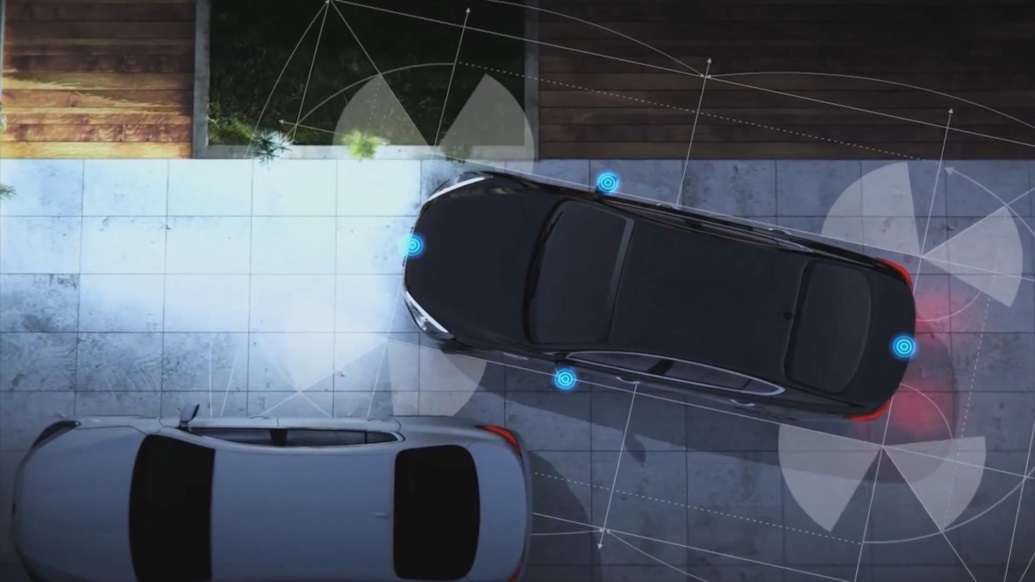At the campus of Tsinghua University in Beijing, a tiny, self-driving vehicle is maneuvering between cars and curious students. This diligent little guy is the latest addition to the university library. Its job is to move books within the campus, where it has to deal with sometimes unstable signals and busy streets.
The little striver was created by the university startup iDriver+Technologies, whose products cover a range that includes commute buses, package delivery vehicles, and autonomous road work vehicles. Last June, the company got 100 million yuan (about 15 million US dollars) in its first round of venture capital financing led by JD.com and Shunwei Capital.

A conception of self-driving cars /CGTN Photo
As some companies focus on the business-to-business market and create self-driving vehicles that perform specific tasks for businesses, quite a few are launching driverless passenger cars. AI Ways is one of the auto companies that are joining the race. The automaker targets individual consumers, as well as corporate clients, such as car rental companies and car-hailing companies.
Experts believe it will still take a decade or two for self-driving passenger cars to become commonplace, considering the time needed for developing both the technology and the so-called "soft infrastructure" around it, such as the legal framework and insurance policies.





